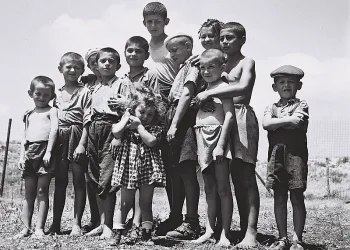Borrell stresses,
“No one should use chemical weapons, anywhere, at any time, or under any circumstances.”
EU’s Commitment to Global Safety
Tackling Emerging Threats
The European Union continues to confront the re-emergence of chemical warfare through political and financial support:
- Since 2004, the EU has contributed €48.5 million to the Organisation for the Prohibition of Chemical Weapons (OPCW) to support disarmament operations.
- In response to attacks in Syria, the UK, and Russia, the EU imposes restrictive measures on individuals and entities involved in chemical weapon proliferation.
Recent Chemical Weapon Incidents
A disturbing rise in the use of riot control agents has been reported, particularly by Russia in its ongoing conflict with Ukraine. Chemical weapon attacks have caused significant civilian harm in areas such as:
- Syria: Hundreds of victims in Ghouta (2013), Ltamenah (2017), and Douma (2018).
- Russia and the UK: High-profile incidents like the Salisbury attack (2018) and the poisoning of Alexei Navalny (2020).
The EU continues to hold perpetrators accountable, actively participating in the Partnership Against Impunity for the Use of Chemical Weapons to enforce international norms.
EU Actions to Strengthen Chemical Weapons Control
Actions |
Details |
|---|---|
| Financial Support to OPCW | €48.5 million in voluntary contributions since 2004 |
| Restrictive Measures on Russia | Sanctions for involvement in Salisbury and Navalny poisonings |
| Sanctions on Syrian Officials | Restrictions on those responsible for chemical attacks in Ghouta, Douma, Ltamenah |
| Partnership Against Impunity | EU’s active role in ensuring perpetrators face justice globally |
A Call for Vigilance and Action
Josep Borrell’s statement reminds us that while progress has been made, vigilance remains essential.
To stay informed about the EU’s efforts in chemical weapon disarmament and global safety, explore the OPCW’s latest reports and EU policy updates.
Sources: THX News & European Union.








